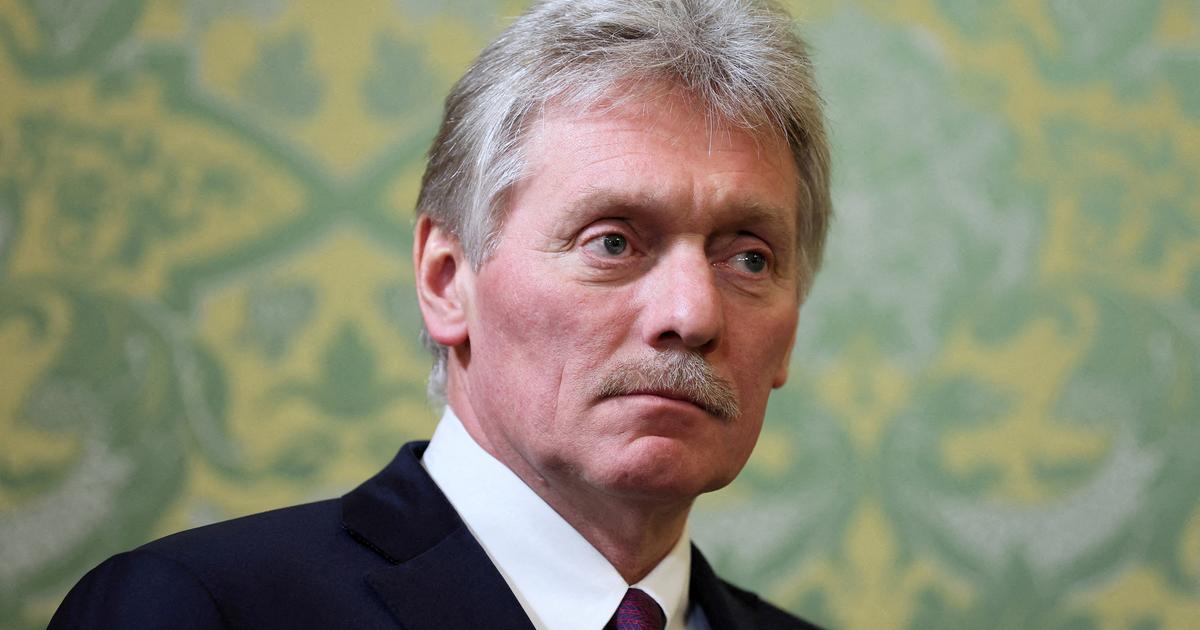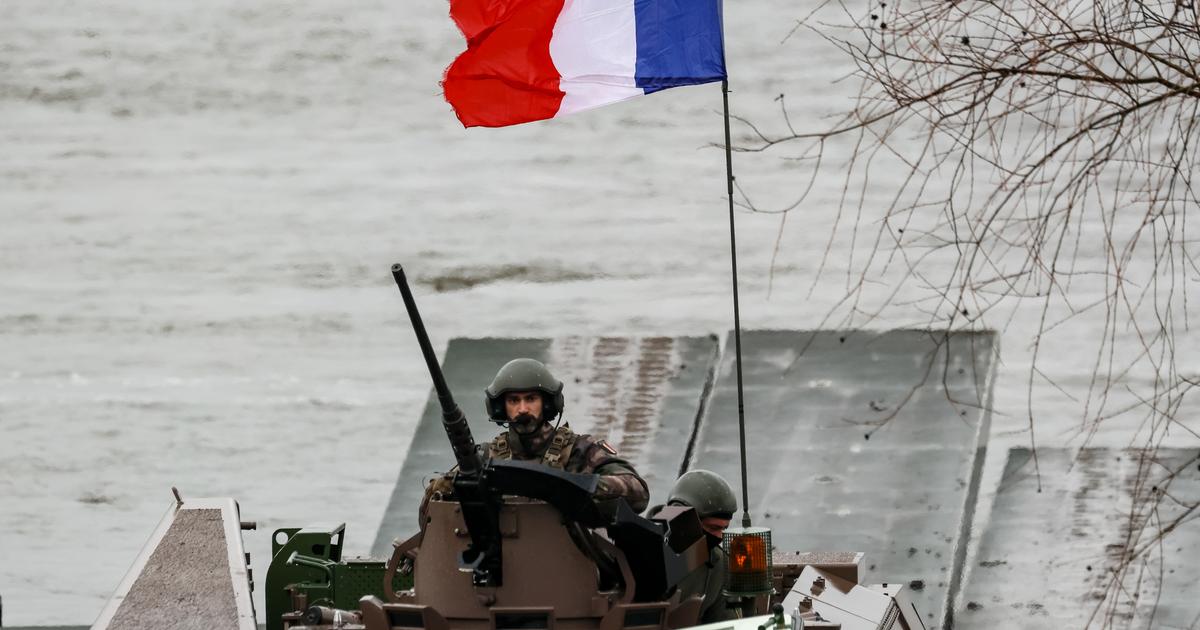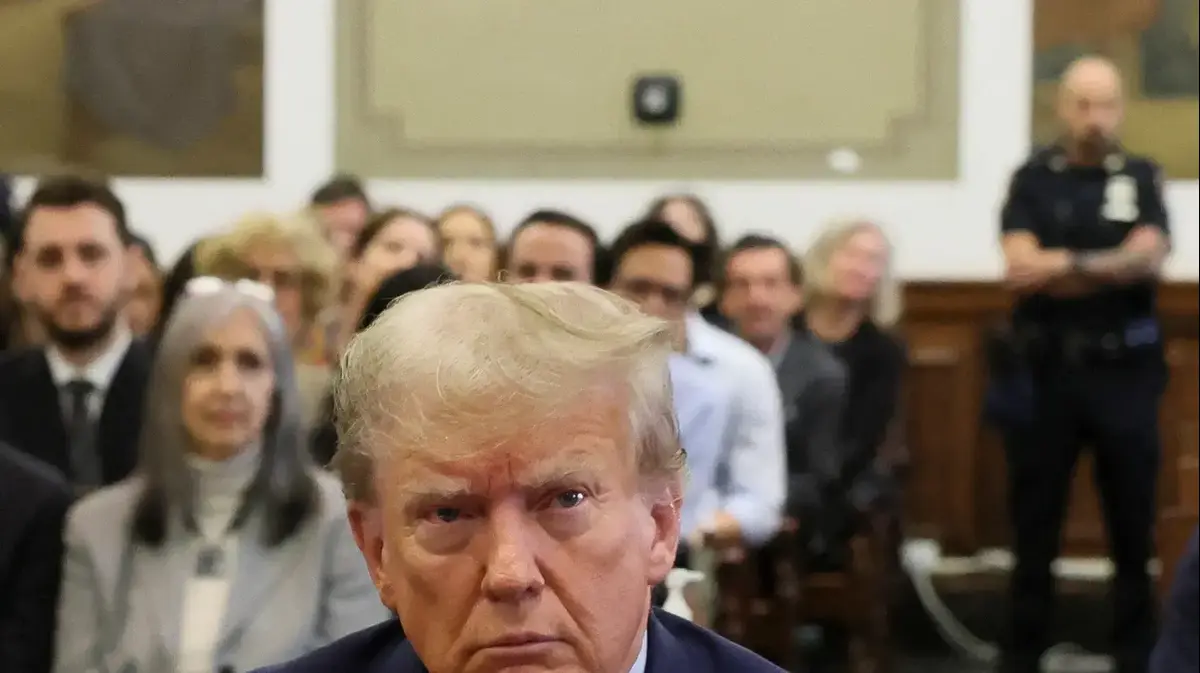Otto von Bismarck opined in 1863 that the secret of politics is to sign a good treaty with Russia.
Assuming he was right, his maxim leaves NATO and the European Union in an awkward position.
For some time now, his clashes with Moscow have not only been recurrent, but have reverberated throughout the Alliance and the Union.
The most recent example is the disagreement between the partners of the Spanish Government. Since November, Moscow has deployed 100,000 soldiers, as well as armor and artillery pieces, along its borders with Ukraine. He has also demanded to reject Kiev's NATO candidacy and withdraw troops from its eastern flank. It is not ruled out that Vladimir Putin resorts between February and March to what he calls "technical-military measures" to ensure a development of the conflict favorable to his interests.
The PSOE, according to the parties to its left, has responded with a thoughtless Atlanticism, inspired by the failed military interventions of the past.
The deployment of a frigate in the Black Sea and the offer to send fighters to Bulgaria are part of this dynamic, although the Spanish military presence in Eastern Europe has been constant for years.
From the PSOE, these criticisms are dismissed as symptoms of childishness and nostalgia for the Soviet Union.
It would be more useful if the parties involved carried out a joint brainstorming exercise before exchanging accusations in public.
Podemos is not a force aligned with Russia or the party of Vladimir Putin in Spain. There is no history of statements by purple leaders in favor of the Russian president: what the newspaper library offers are criticisms of his ultra-conservative regime. Nor is it a Eurosceptic party in the manner of the Italian League or the French National Regroupment, which have shown direct links to the Kremlin. What explains the criticism of United We Can to the PSOE is not sympathy for Putin, but a deep-rooted rejection of US foreign policy. The origin of Izquierda Unida, it should be remembered, dates back precisely to the 1986 NATO membership referendum.
denounces the "military support of different Western countries to the Government of Ukraine and the deployment of troops on both sides of the Ukrainian border."
(In their individual statements, both Podemos and En Comú Podem do point to and criticize the Russian deployment.)
The first step in offering solutions is to make a clearer diagnosis.
This entails assuming that the current escalation of tension is determined by the Russian deployment, and that the use of force to solve political problems – in Iraq or in Donbas – is unacceptable.
It is the same principle that should be required of Morocco in Western Sahara or Saudi Arabia in Yemen.
Emphasizing it not only does not prevent it from proposing its own external action: it also constitutes a starting point to address problems to which Atlanticism has been unable to give a clear answer.
The most obvious is related to the consequences of expanding the Atlantic Alliance.
As Mary Elise Sarotte explains in an exhaustive study on the matter, no treaty was signed that guaranteed the Soviet Union a freeze on NATO's borders after the fall of the Berlin Wall.
But the George HW Bush White House did provide Mikhail Gorbachev with enough guarantees to explain the Kremlin's frustration with the subsequent eastern advance.
If being part of the Alliance is an essential security guarantee for Poland or the Balts, it is no less true that the attempt to integrate Georgia and Ukraine —proposed at the Bucharest summit in 2008— marked a turning point that has destabilized the relations between Russia, the US and the EU.
Russia's foreign action can be blamed for endless abuses,
Kiev will not join NATO.
The only pragmatic alternative to Moscow's tutelage is a policy of neutrality, inspired by that of Finland, which frees the countries of the post-Soviet space from Russian interference in their internal politics, but does not allow them to align themselves with Washington.
It is also urgent to break a spear for who, after Ukrainian sovereignty, has become the main victim of this crisis: European strategic autonomy. Turning to Washington to contain Moscow's demands seems an attractive option for EU members in the Russian neighborhood. But this dependency, in a world where the US is more concerned with Chinese than Russian competition, is a recipe for frustration. Tomorrow Washington could — as it began to rehearse under the presidency of Donald Trump — rely on Russia to try to contain China, bypassing the EU in its own neighborhood. This does not mean that the European relationship with Russia should be more conflictive than the American one. It means that the EU must take its strategic autonomy project seriously if it intends to come to an understanding face to face with Moscow.
Bismarck's advice does not seem viable in the short and medium term.
But as he observed on another occasion, politics is the art of the possible.
Military intimidation of Russia is today a pipe dream.
The minimum objective must be to establish a functional dialogue between Moscow and Brussels, where friction does not affect the Member States by default.
A position that points out the mistakes of Atlanticism, while condemning Russian coercion, can still play a constructive role in this crisis.
Jorge Tamames
is a researcher at the Elcano Royal Institute, a doctoral student at University College Dublin and a contributor to Agenda Pública.
Exclusive content for subscribers
read without limits
subscribe
I'm already a subscriber

/cloudfront-eu-central-1.images.arcpublishing.com/prisa/QGXLN4JR3BDGVGBQ4VABIH33NU.jpg)












